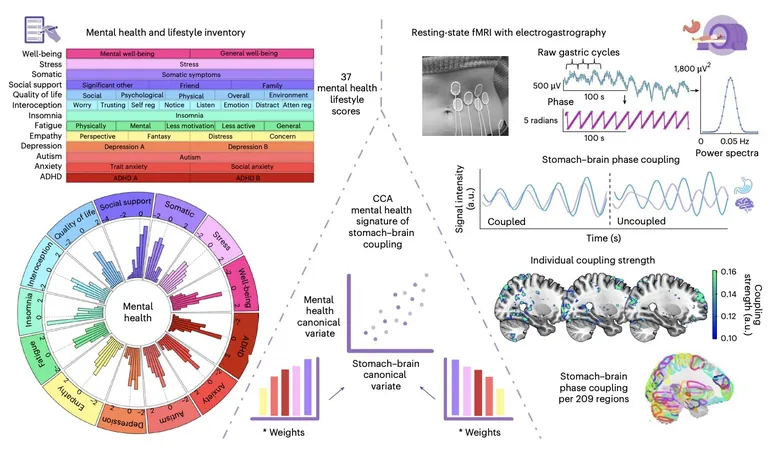
Revolutionary Tool Transforms Prostate Cancer Treatment Decisions: Here's How!
2025-08-22
Author: Ming
Navigating the Challenges of Prostate Cancer Treatment
Patients grappling with localized prostate cancer are often overwhelmed by the myriad of treatment options available, such as active surveillance, radical prostatectomy, or radiation therapy. Dr. Bashir Al Hussein Al Awamlh, a leading urologic oncologist at Weill Cornell Medicine, emphasizes that while the oncological outcomes of these treatments are generally similar, the differences in functional outcomes—like sexual, urinary, and bowel functions—make informed decision-making vital.
The Limitations of Existing Prediction Tools
Current predictive tools fall short; they rely on outdated data, focus only on short-term outcomes, and use complex scores that patients find difficult to comprehend. Dr. Al Awamlh's team recognized these issues and set out to improve this critical aspect of patient care.
A Game-Changing Approach to Patient-Centered Predictions
Harnessing data from the CEASAR study, which spanned ten years and collected patient-reported outcomes, the research team employed sophisticated statistical methods, like random forest modeling, to create innovative predictive models. Instead of confusing scores, their tool offers clear probabilities for key functional outcomes such as maintaining erectile function, urinary continence, and avoiding bowel issues.
Empowering Patients with a User-Friendly Application
This new tool is designed to be intuitive and patient-friendly, usable in both clinical settings and at home. Patients can input their clinical and functional baseline data, allowing the model to forecast outcomes over a decade. This personalization not only aids in aligning treatment choices with individual values but also significantly reduces the likelihood of treatment regret.
A Vision for the Future: Accessibility for All
Looking to the future, Dr. Al Awamlh’s team intends to evolve this prototype into a sophisticated, mobile-optimized web application. They aim to ensure the tool is 'health literacy agnostic,' making it accessible and beneficial for patients from all walks of life. The ultimate goal is to weave this groundbreaking tool into everyday clinical practice across the nation, fostering enhanced patient engagement and informed decision-making in prostate cancer management.



 Brasil (PT)
Brasil (PT)
 Canada (EN)
Canada (EN)
 Chile (ES)
Chile (ES)
 Česko (CS)
Česko (CS)
 대한민국 (KO)
대한민국 (KO)
 España (ES)
España (ES)
 France (FR)
France (FR)
 Hong Kong (EN)
Hong Kong (EN)
 Italia (IT)
Italia (IT)
 日本 (JA)
日本 (JA)
 Magyarország (HU)
Magyarország (HU)
 Norge (NO)
Norge (NO)
 Polska (PL)
Polska (PL)
 Schweiz (DE)
Schweiz (DE)
 Singapore (EN)
Singapore (EN)
 Sverige (SV)
Sverige (SV)
 Suomi (FI)
Suomi (FI)
 Türkiye (TR)
Türkiye (TR)
 الإمارات العربية المتحدة (AR)
الإمارات العربية المتحدة (AR)